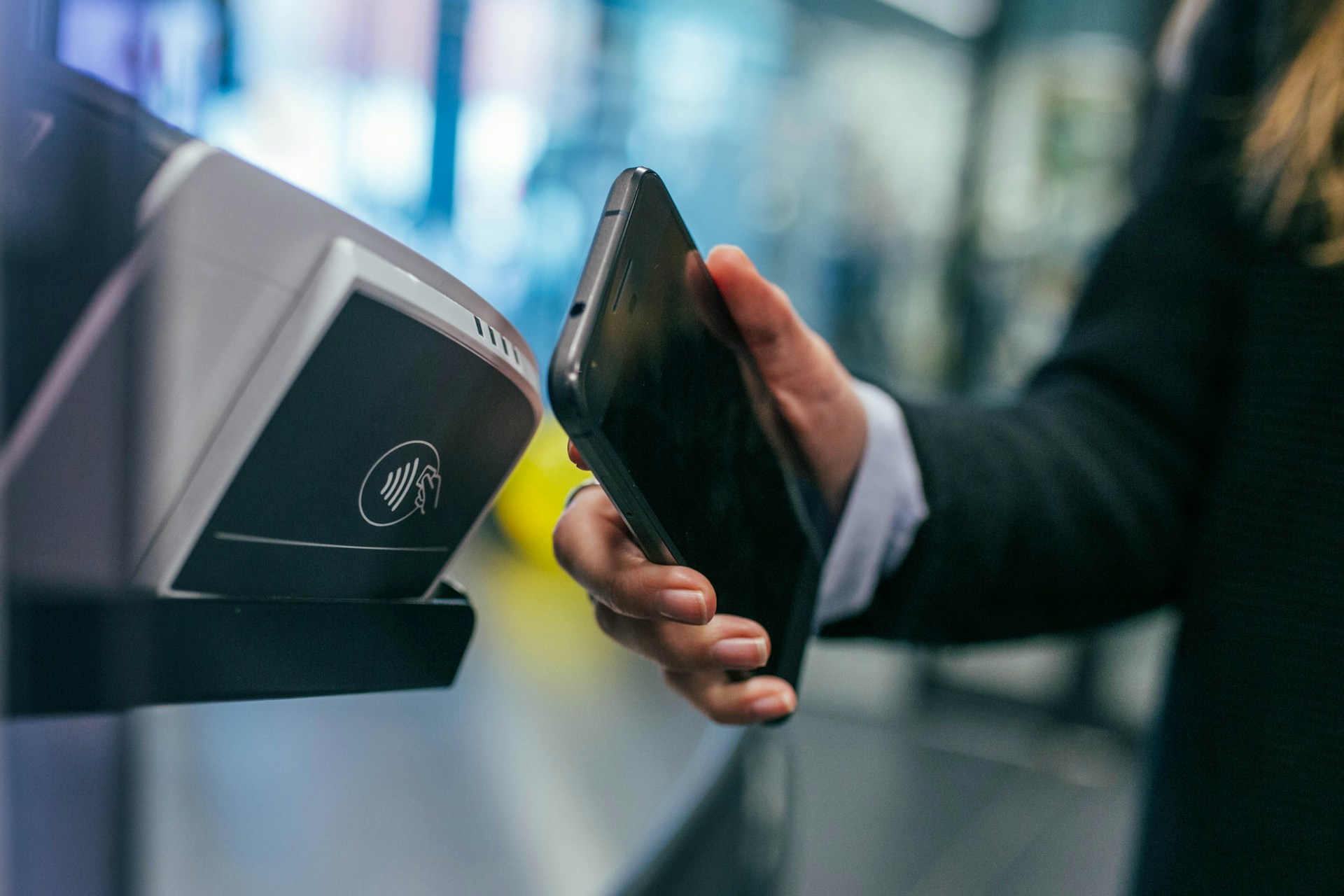Bank Indonesia (BI) will begin piloting the Payment ID, a digital financial identity based on the National Identity Number (NIK), on August 17, 2025.
This date coincides with the 80th anniversary of Indonesia’s independence and marks BI’s commitment to accelerating the national digital economy.
According to InterActive QRIS, and Kompas.com, Payment ID is designed as a unique code connecting a person’s financial transactions, bank accounts, e-wallets, and digital platforms, into a single identity.
The initiative is part of the Indonesia Payment System Blueprint (BSPI) 2030, aiming for an efficient, secure, and integrated payment ecosystem.
According to Dudi Dermawan, Director of Payment System Policy at BI, this system will act as the central point of reference for all financial transactions.
Why Payment ID Matters: Addressing Fragmented Financial Data
The rise of digital payments in recent years has created challenges in data integration, transaction analysis, and security.
With individuals using multiple bank accounts and digital wallets, financial data becomes fragmented and difficult to analyze.
Payment ID aims to resolve this by using a NIK-based system to unify data. BI expects this to:
- Strengthen transparency in financial data
- Detect illegal activities such as online gambling or unregulated loans
- Assist financial institutions in analyzing customer risk profiles
- Support anti-money laundering (AML) and counter-terrorism financing (CTF) programs through accurate data tracking
Key Features of Payment ID: Integration, Consent, and Security
BI emphasizes that Payment ID will bring several new features to the financial system.
Each Payment ID will be a nine-character alphanumeric code connected to the NIK, ensuring no two identities are the same.
Features include:
- Multi-platform integration across banks, e-wallets, fintech, e-commerce, and QRIS
- Transaction monitoring with customer consent, allowing financial institutions to map income, spending, and credit history
- Automatic deactivation upon death, synchronized with Dukcapil data
- Strict data protection, with access requiring explicit user approval and compliance with Indonesia’s Personal Data Protection Law (UU PDP)
“No data can be accessed without the owner’s permission. This system is not for surveillance but to protect people from financial crime,” said Dudi.
Impact on Society and Businesses: From Risk Analysis to Financial Inclusion
For the public, Payment ID will streamline the Know Your Customer (KYC) process by providing a single verified identity across financial services.
It will help:
- Detect suspicious transactions
- Track financial history across platforms
- Improve access to digital services for those without bank accounts
For businesses and financial institutions, the system offers:
- Better credit risk analysis using detailed financial records
- Targeted loyalty and promotion programs through granular data
- Lower operational costs from faster and more accurate verification processes
Challenges to Implementation: Public Education and System Readiness
Despite its potential, BI recognizes several challenges ahead. These include the need for mass education to help the public understand the system, cybersecurity preparedness, and institutional coordination among banks, fintech companies, and government agencies.
According to Ramdan Denny Prakoso, Head of BI's Communications Department, the initial phase will focus on a single use case: improving the accuracy of non-cash social assistance distribution.
Ramdan noted that broader system implementation will take several more years, requiring ongoing infrastructure development and testing.
As part of the process, BI will collaborate with large banks, fintech firms, and key digital payment platforms to ensure readiness.
Dermawan emphasized that all data management will comply with the Personal Data Protection Law and BI regulations.
Access will be granted only through official application channels and based on user consent.
The Payment ID system will also be integrated with Dukcapil’s population database. If an individual passes away, the corresponding Payment ID will be automatically deactivated, preventing misuse.
“Payment ID will link all bank data directly with a verified identity,” said Dudi.
PHOTO: UNSPLASH
This article was created with AI assistance.
Read More






 Wednesday, 04-03-26
Wednesday, 04-03-26







